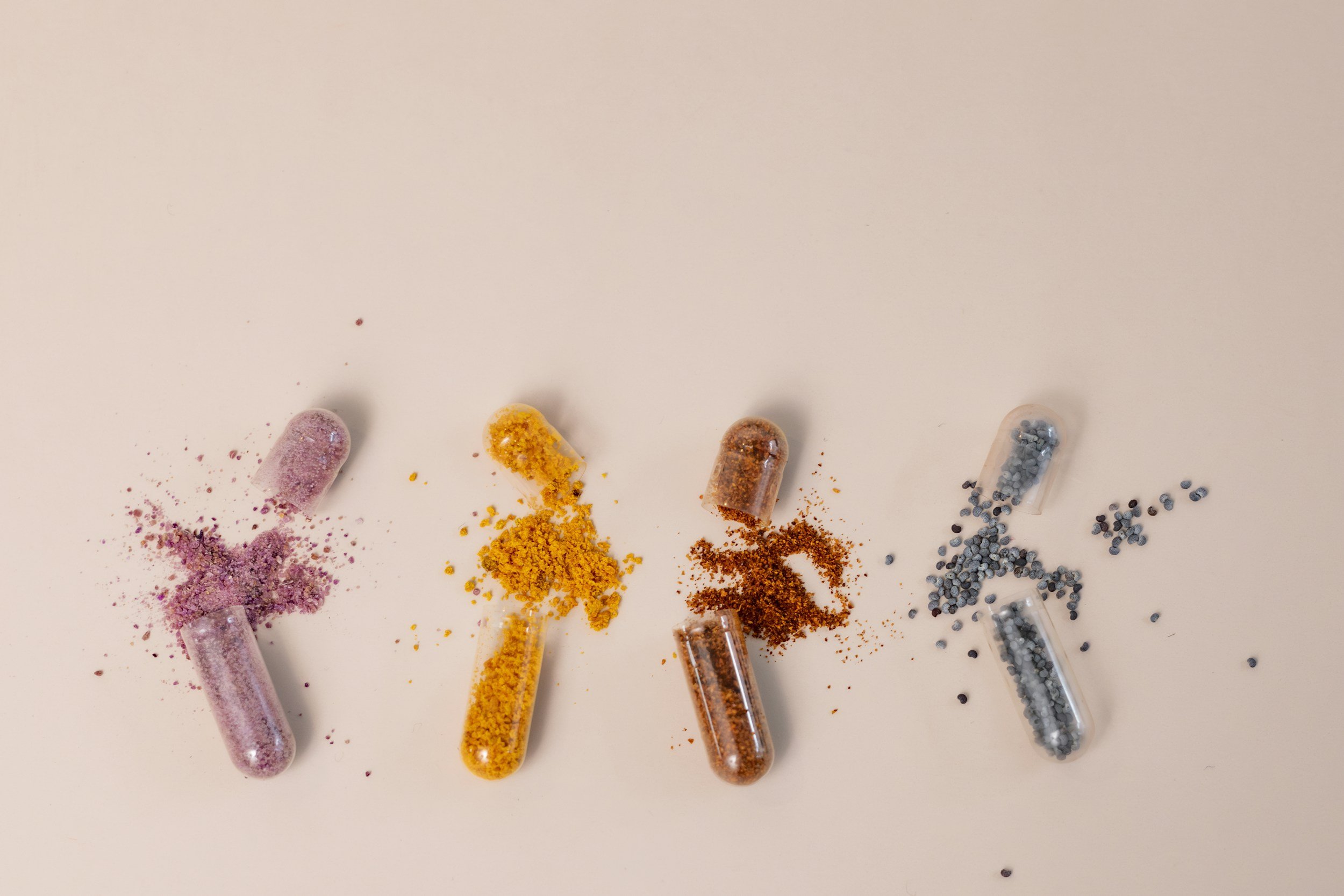
The Brain Good Blog
Neuroscience-backed insights from a trusted expert—empowering everyday people to optimize memory, beat brain fog, and boost brain health.
By Dr. Tanzila Kulman, MD—neurologist and brain health expert helping you stay sharp, focused, and fog-free

Best Supplements for Brain Fog Without Caffeine (2025 Neurologist Guide)
Recent clinical studies reveal that caffeine-free brain fog supplements work through three key mechanisms: reducing neuroinflammation, supporting mitochondrial function, and enhancing neurotransmitter balance. Lion's mane mushroom demonstrates significant cognitive improvements through nerve growth factor stimulation, while magnesium L-threonate uniquely crosses the blood-brain barrier to support synaptic plasticity. Omega-3 DHA reduces inflammatory markers by up to 23% in brain fog patients, and rhodiola rosea adapts cortisol response for sustained mental energy without stimulant crashes.

Afternoon Brain Fog: Why You Crash at 2PM—and How to Fix It Naturally
Ever hit a mental wall after lunch—even when you slept fine? As a neurologist, I’ve seen this pattern in thousands of patients. Discover why afternoon brain fog happens (hint: it’s not just caffeine) and how to fix it naturally using tools backed by clinical science.

The Shocking Link Between Sleep Position and Alzheimer's Risk
Recent Yale Medicine research reveals a startling connection between sleep position and Alzheimer's risk. Side sleeping enhances glymphatic clearance by up to 25% compared to back sleeping, significantly improving your brain's ability to remove beta-amyloid proteins associated with Alzheimer's disease. Studies show just two hours of supine (back) sleeping reduces this critical brain-cleaning process, while left-side sleeping optimizes the glymphatic system—your brain's overnight cleaning crew that removes harmful proteins during deep sleep. Dr. Brain Good's 3-step sleep position protocol helps optimize this natural detoxification process to protect against cognitive decline.

